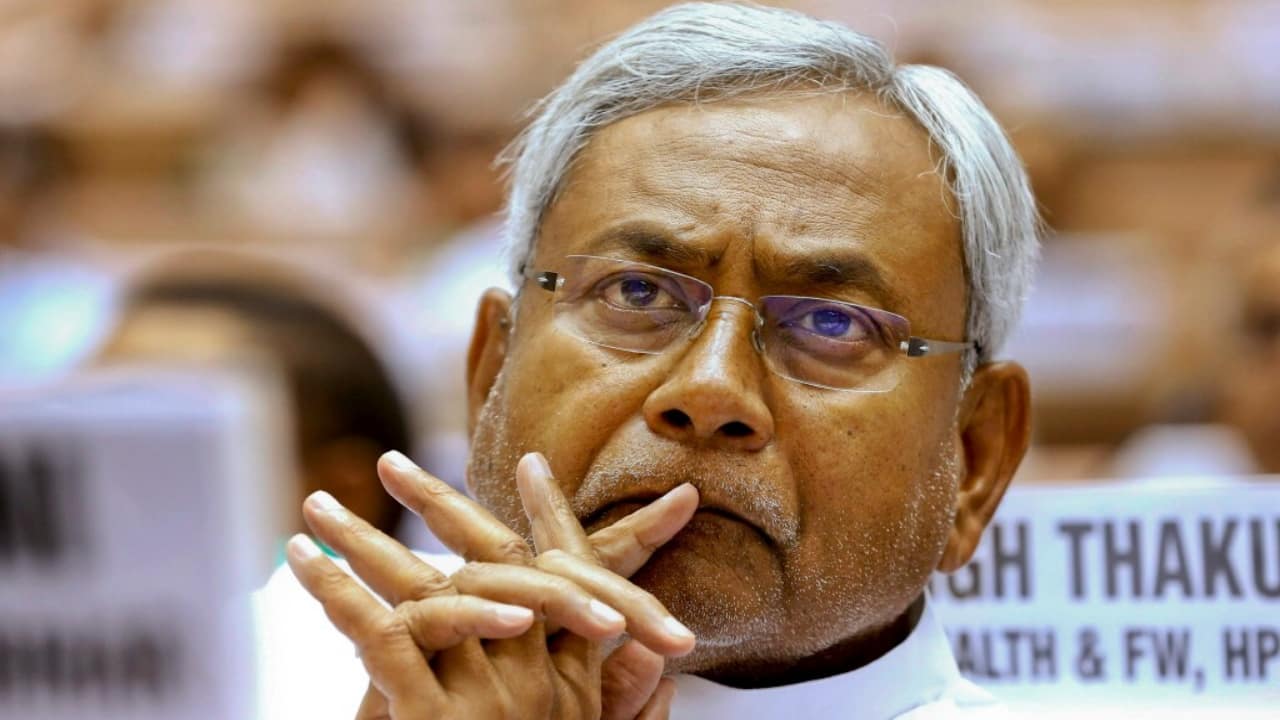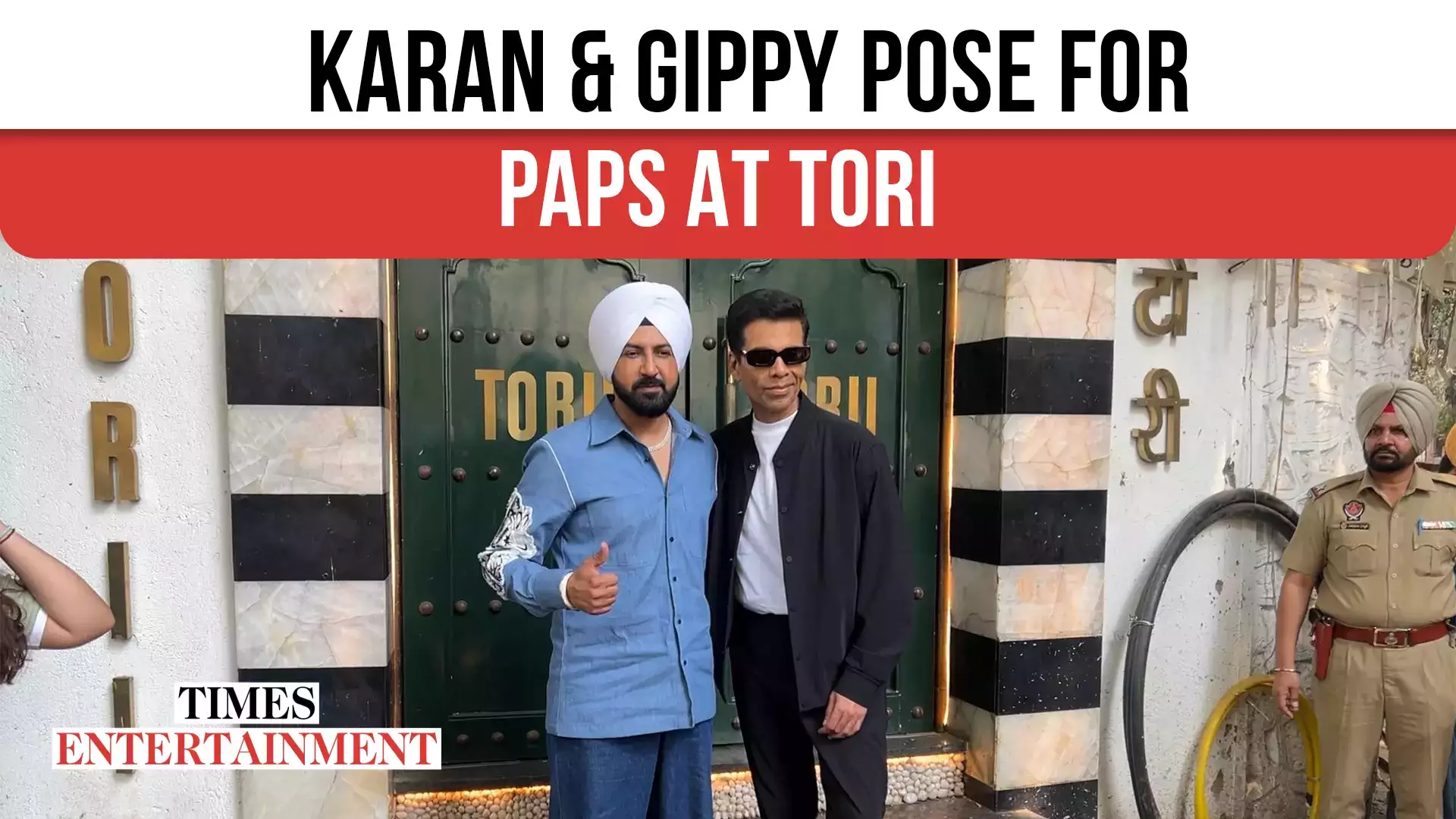
By Smita Mishra Can Bihar carve out a segment of voters who do not vote on caste considerations alone? Is there or can there be a caste-neutral constituency in the heavily caste-ridden politics of the state? Are Bihar voters ready to take a leap over the caste fences which so starkly define their voting history? At first glance these appear like academic queries which may sound nice in a seminar or studio but have zero resonance on the ground. Yet, slowly but surely, there is a churning in a section of Bihar voters who do not want to remain bound to a party simply for caste reasons. These voters want to explore the options on the basis of performance and integrity.
This voter would rather make an informed choice than vote just because her caste is known to vote in a certain way. This churning is not likely to bring any big shift in the voting pattern but can surely make parties decide their candidates more carefully and articulate their issues more responsibly. A bit of Bihar election history There have not been many elections in Bihar when voters were able to break their watertight caste moulds in a noticeable way.

Of course, shifts were visible between camps or alliances for instance one caste shifting en block (read majority) its preference from one camp to the other. In Lok Sabha the 1977, 1984 and 1989 elections did see voters tiding over their caste preferences. More recently, the 2019 result was reflective of this trend when the NDA (BJP-JDU) bagged 39 of the 40 Lok Sabha seats.
Assembly elections are more complicated. In the 1990s, Lalu Prasad, Nitish Kumar and the late Ram Vilas Paswan, the three pillars of the post-JP social justice movement, were part of the same camp. Then they parted.
The first major shift came in 2000 when Nitish Kumar formed the NDA govt. His alliance became even more formidable in 2005 with a greater chunk of the so called upper castes and the non-Yadav OBCs deserting Lalu-Congress combine. However, this was more of a caste shift rather than a voter specific call.
‘Mahila’ as trendsetter The Bihari woman voter has been the biggest talking point in the last several elections. She, who is often left behind to tend to home and fields, while the menfolk are away for 'kamai' in faraway Gujarat, Maharashtra, Delhi etc. has demonstrated her political acumen by voting in large numbers and sometimes also shifting the prevalent trend.
In the badland politics of Bihar, even the most dreaded Bahubalis are now compelled to rein in their goondas lest it antagonises the female voters. In absolute numbers, Bihar has 7.64 crore voters of which 4 crore are men and 3.
64 crore women. But the number of women voting has been rising. In 2020 assembly polls, men voters were 54.
6 percent of the total males registered while women were 59.7 percent. Again in 2015, voter turnout was 51.
1 percent for men and a far higher 60.4 percent for women. Some analysts point out that this reflects the absence of male voters due to work-related migration.
But they forget that in the Bihar of the 1990s, women wouldn't have dared to come out and vote had the men not been with them. Law and order, innovative means of employment such as J eevika , positive impact of prohibition are billed as the major reasons for this. Though there is a realisation that the benefits of prohibition are fading as liquor is now easily available and mostly spurious causing distress.
Yuva as the new 'influencer' Out of these, 9-odd lakh are in the 18-19 age group. These youngsters are not oblivious to their caste identity. Many of them proudly 'connect' to their caste history and historical figures.
But they are also concerned about better developmental of their area, employment opportunities near their homes and a future to look forward to. These aspirational youngsters are not satisfied with just the caste of the candidate. An Election Commission of India survey also confirms the same.
The findings say that only 4.2 percent voters voted solely on the caste background of the candidate. At least 32.
2 percent claimed they had no fixed choice of caste or even party. They decided solely on the candidate. Jan Suraj experiment Jan Suraj, a political party founded by poll strategist Prashant Kishor, is the bold, new kid on the block.
His party has tried to brand itself as caste neutral and coax people to demand basic human dignity and civic facilities rather than get trapped in caste and community loyalties. The party's poll debut in bye-elections turned out to be underwhelming. It managed barely 10 percent of the vote share and all its candidates ended up in the third or fourth place in the four seats it contested.
However, Jan Suraj has triggered a debate beyond caste lines. This could add to the churning or end up in nothing because young men turning up to listen to a politician in Bihar is indicative of nothing. In this politics savvy land, finding an audience is not difficult.
A case in point could be the Rupauli bye-election last year. The bye-poll was necessitated after MLA Bima Bharti switched to RJD and contested Lok Sabha from Purnea and lost. She then contested Rupauli bye-poll but was defeated here too by Shankar Singh, a strongman of the area and independent candidate.
Shankar Singh, a Rajput had the caste dynamics against him. Rupauli also presents a conundrum because Shankar Singh is a Baahubali who heads a local militia. However, he promised local colleges, bridges in the riverine belt and other facilities.
His victory also shows Bihar's electoral battlefield still demands might to get it right. Will change be triggered top-down or bottom-up? Tejaswi Yadav has been leading his party for few years now. He is a former deputy CM.
Chirag Paswan is in full command of the party founded by his father. Nitish Kumar's son Nishant Kumar has lately become quite visible and may even lead the party sooner than later. All three of them have caste-loyal vote banks to fall back on.
But will they show the boldness, the imagination to steer the state's voters towards a brighter future not necessarily defined by their castes? Or will the people take up the task instead? One cannot say for sure but the churning is on. So from candidate selection to campaign issues, political parties had better start taking notice of it. ( Smita Mishra is Advisor, Prasar Bharati).
Views are personal and do not represent the stand of this publication..















